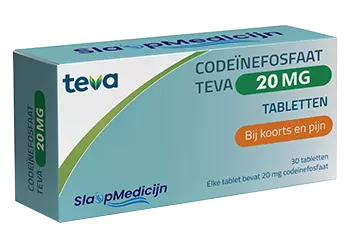In the relentless journey of life, we often find ourselves navigating through turbulent financial waters, desperately seeking a lifeline to pull us out of the drowning sea of debt. For many, debt settlement emerges as a beacon of hope, promising relief without the crippling weight of high costs.
But is it truly the cheapest way to break free from the shackles of debt? Let’s unravel this financial conundrum and explore the potential hidden within debt settlement.
Understanding Debt Settlement:
Debt settlement is a strategic negotiation process where creditors agree to accept a reduced payment as a full settlement of the outstanding debt. Imagine it as a conversation with your creditors, a plea for mercy, and a chance for a fresh start.
This approach stands in stark contrast to debt consolidation or debt management plans, where you’re still required to repay the full amount.
When you’re drowning in debt, the cheapest way out becomes a lifeline, and debt settlement aims to be precisely that. The process involves reaching an agreement with creditors to settle for a fraction of the total debt amount. This not only reduces the financial burden but can also pave the way for a quicker recovery.
The Pros and Cons of Debt Settlement:
Pros:
- Cost-Efficiency: debt settlement festus mo shines as a cost-effective solution, potentially allowing you to clear a substantial portion of your debt for less than what you owe.
- Faster Debt Resolution: Unlike the prolonged repayment plans of other debt relief options, settlement offers a quicker path to financial liberation.
- Negotiation Power: Debt settlement hands you the reins to negotiate directly with your creditors, giving you a voice in the resolution process.
Cons:
- Credit Impact: Admittedly, debt settlement doesn’t leave your credit unscathed. The negotiation process often involves late payments, impacting your credit score.
- Tax Consequences: The forgiven debt in a settlement may be considered taxable income, adding an unexpected financial burden.
- Creditor Skepticism: Some creditors might be unwilling to negotiate, leaving you with limited options for settlement.
Steps to Successful Debt Settlement:
- Assessment of Finances: Begin by assessing your financial situation. Understand your debts, income, and expenses to gauge what you can realistically afford to settle.
- Professional Guidance: Seek advice from financial experts or debt settlement professionals who can guide you through the negotiation process.
- Open Communication: Establish open lines of communication with your creditors. Honesty about your financial situation can set the stage for more fruitful negotiations.
A Glimpse into Real Stories:
While debt settlement has proven successful for many, it’s crucial to acknowledge that each financial journey is unique. Stories of individuals negotiating their way to financial freedom resonate with a sense of hope.
For instance, gold bars lakewood co for debt settlement have provided a glimmer of hope for those seeking liberation.
Conclusion:
In the tumultuous seas of debt, settlement emerges as a lifeboat, offering a chance to navigate towards financial serenity. While it may not be a one-size-fits-all solution, the potential cost savings make it an attractive option for those yearning to break free.
Remember, the path to financial freedom is uniquely yours to tread, and debt settlement might just be the compass you need to steer in the right direction.










